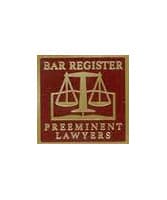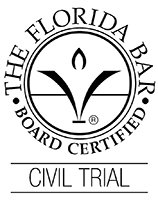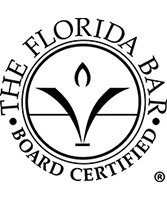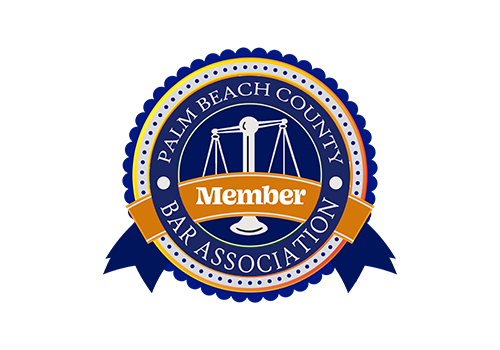How Do You Know If Your Deposition Went Well?
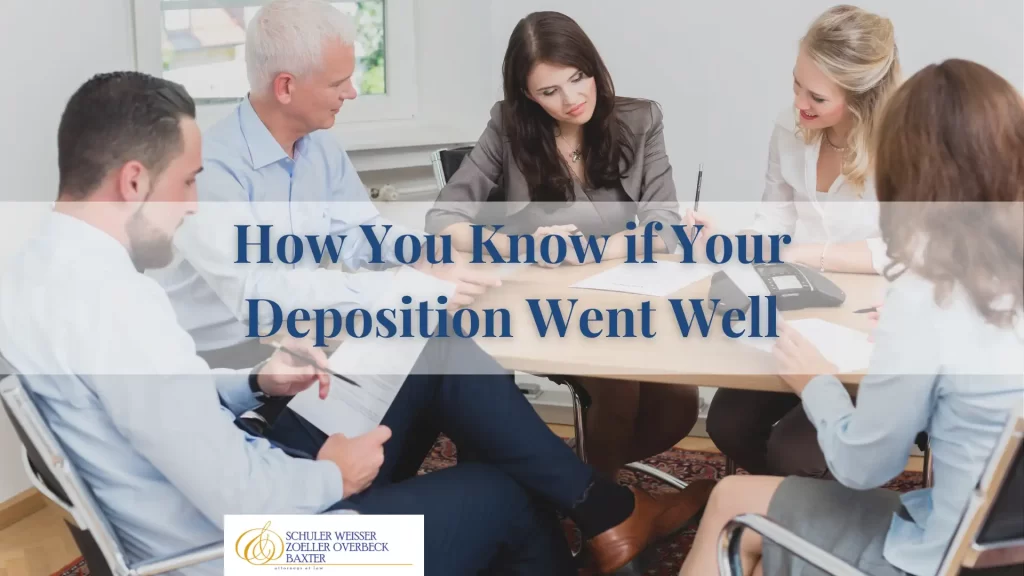
Personal injury lawsuits are complex. They involve various phases opposing parties go through to obtain evidence and build their cases. One essential phase is discovery. Each lawyer can request information from the other to determine their legal strategy for trial. A deposition is one of multiple parts of the discovery phase. It is a question-and-answer session an attorney conducts with witnesses. The plaintiff and defendant are primary witnesses each party can depose to gather necessary details about the accident. As the plaintiff in a personal injury case, the defense lawyer will likely request a deposition from you. Knowing how to prepare yourself and answer every question truthfully without providing unnecessary information is critical. The outcome of your case depends on your performance during your deposition. Understanding some key indicators may help you to know if your deposition went well.
What You Can Do to Give a Successful Deposition
You must answer every question the defense lawyer asks accurately and truthfully. A common error deponents make during depositions is providing unnecessary information or offering details beyond the scope of the question. You should keep your answers brief. Talking too much could get you into trouble and damage your case.
Helpful tips you should follow during your deposition include:
- Tell the truth – You might think withholding information or lying about what happened will benefit your case. However, you are under oath during a deposition. That means you must be honest. If you lie and someone finds out, it will show you’re not a credible witness.
- Ask the attorney to clarify – You should never answer a question if you don’t understand it. Asking the defense lawyer to clarify or repeat the question is acceptable. Formulating a response if you’re unsure of what they’re asking might hurt your case.
- Avoiding rambling – Depositions can be nerve-wracking. Your discomfort might cause you to over-explain your answers or talk to fill awkward silences. However, you must respond to each question directly. Keep your responses short and to the point. Otherwise, you might unintentionally volunteer details the lawyer can use against you.
- Keep your composure – Remember to breathe and stay calm throughout your deposition. Feeling stressed is normal. It’s a stressful situation. However, you shouldn’t let opposing counsel intimidate you or steer the session in a direction they prefer. There is no time limit for answering each question. You can think about what you want to say before you say it.
- Don’t speculate – Admitting to not knowing the answer is better than guessing. Speculating or guessing about the facts of the case is a disastrous approach. Everything you say during your deposition goes on record. You can’t change your story later.
If you remember all these tips and abide by them, you should have a successful deposition.
A court reporter will attend the deposition to record everything each person says. They will create a transcript of the session and provide a copy to each lawyer upon request. Your attorney will review it to determine whether your testimony strengthens your case. They can decide the next steps and whether the lawsuit should continue or mediation is more beneficial.
Possible Next Steps After an Unsuccessful Deposition
An unsuccessful deposition can lead your lawsuit down two different paths. It depends on how well you answer the defense attorney’s questions and whether your personal injury lawyer thinks proceeding to trial is beneficial to your case.
A poorly executed deposition can result in one of these outcomes:
 Mediation – Mediation might be your best option if your deposition doesn’t go well. Your lawyer can schedule a mediation session with opposing counsel to try to negotiate a settlement. During mediation, both sides meet with a neutral mediator to discuss the matter. The mediator listens to each party’s demands, informs them of the strengths and weaknesses of their cases, and offers suggestions about settling. If you reach an agreement during mediation, the case ends.
Mediation – Mediation might be your best option if your deposition doesn’t go well. Your lawyer can schedule a mediation session with opposing counsel to try to negotiate a settlement. During mediation, both sides meet with a neutral mediator to discuss the matter. The mediator listens to each party’s demands, informs them of the strengths and weaknesses of their cases, and offers suggestions about settling. If you reach an agreement during mediation, the case ends.- Continue with discovery – The discovery process can continue if the deposition isn’t successful or opposing parties don’t settle during negotiations. Defense lawyers often prefer to go to trial if the plaintiff conducts themselves unfavorably during a deposition. The way a person acts or reacts in deposition likely indicates how they might act on the witness stand.
Contact a Dedicated Personal Injury Lawyer Today
A deposition can be an overwhelming process. You might worry about how you’ll perform and whether it will affect your lawsuit moving forward. You should not attend your deposition without preparing for it first. After a deposition, knowing if it went well may help you to indicate what you might expect in the next steps.
Our team has fought for injured clients in Florida since 1978. We can help you practice, so you feel ready to conduct yourself appropriately and provide a successful deposition. You will receive legal guidance and support until the end.
If you were injured in an accident due to someone else’s wrongdoing, do not hesitate to call the Florida personal injury lawyers of Schuler, Weisser, Zoeller, Overbeck & Baxter P.A. at 561.689.8180 or contact us online for your free consultation. We’re ready to represent you in your case and pursue the maximum compensation you deserve.
Related Reading:
 Mediation – Mediation might be your best option if your deposition doesn’t go well. Your lawyer can schedule a mediation session with opposing counsel to try to negotiate a settlement. During mediation, both sides meet with a neutral mediator to discuss the matter. The mediator listens to each party’s demands, informs them of the strengths and weaknesses of their cases, and offers suggestions about settling. If you reach an agreement during mediation, the case ends.
Mediation – Mediation might be your best option if your deposition doesn’t go well. Your lawyer can schedule a mediation session with opposing counsel to try to negotiate a settlement. During mediation, both sides meet with a neutral mediator to discuss the matter. The mediator listens to each party’s demands, informs them of the strengths and weaknesses of their cases, and offers suggestions about settling. If you reach an agreement during mediation, the case ends.


